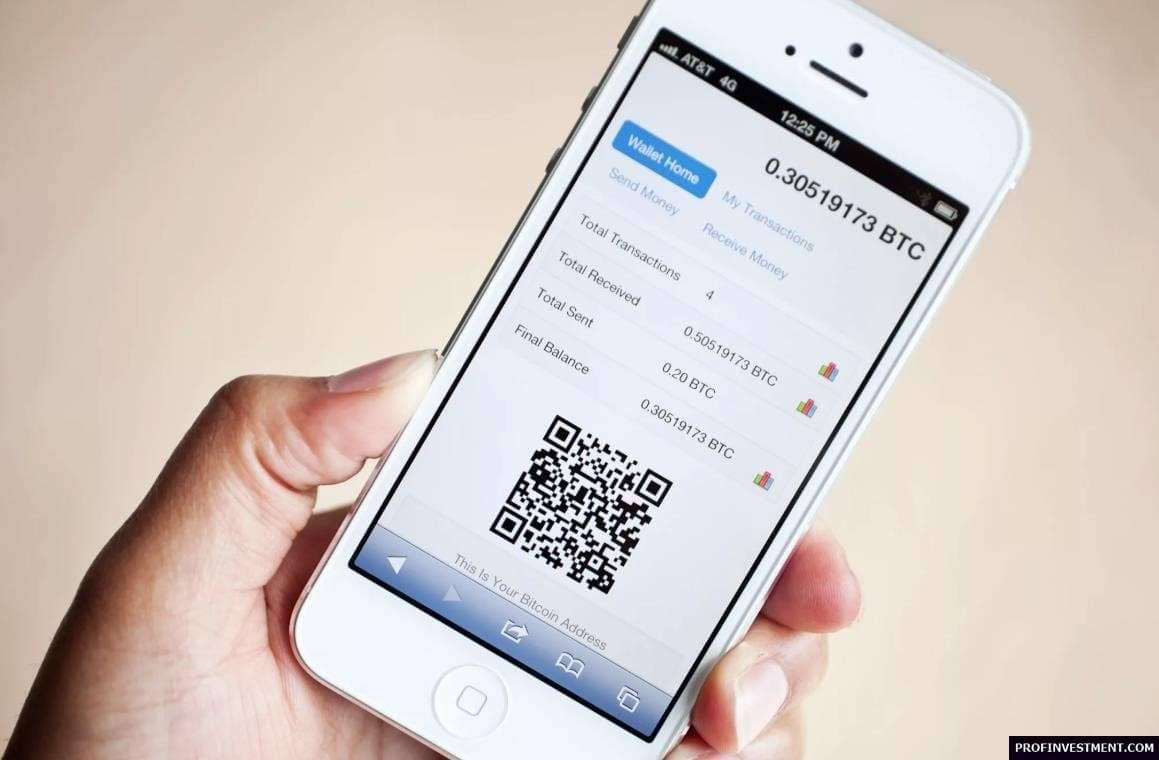In conclusion, a forex CRM tool is an essential tool for any forex broker looking to improve their customer relations and streamline their business operations. With so many options available on the market today, brokers should carefully evaluate their options and choose a tool that best meets their needs and goals. Think about how convenient it would be to consolidate all the streams of data coming from sales teams, customer service staff, marketers and social media—and translate them into actionable business information. A CRM platform lets you manage these streams of information across channels without losing track, and gives sales, service, marketing, and beyond an integrated view. Customer relationship management is a computer system that manages a company’s interaction with potential and current customers. Enterprises such as brokers use this data to improve business relationships, specifically focusing on customer satisfaction and retention that will ultimately drive profitability and sales growth.
When a broker has a better idea of what its potential and existing clients want, what kinds of interactions they’ve had with them, and when and how to follow up, customer satisfaction improves. And, when your customers are happier, they place more orders and profitability improves. When brokers use CRM software, one of the first things that becomes clear is the profitability of each customer. Not only does it track revenue per customer, but it can also track how much time and resources are spent per customer. Thus, the CRM can guide resources to the more highly profitable customers, who generate more profits for the broker.
Increased productivity
This software enables your sales team to pick up where they left off without skipping a beat. CRM marketing software helps you organize the information logically, too. Plus, it’s easy for other sales team members to jump in and see where a lead is in your sales cycle. CRMs help you organize all your data so you know where different prospects are in the sales cycle.
Every call, question, negotiation, and touchpoint from prospects and clients is recorded and accessible to the entire team with a centralised contact management system. The process of collecting, screening, tracking, and maintaining customer information is recorded and permanently stored by the system. An administrator can assign access based on job role or user, so each sees what s/he needs to see to perform their job. The system also makes it easy to re-assign customers when personnel changes so there is no loss of data, and the customers can continue to be served. Through a CRM system, you can distinguish the leads and customers who have been served, those who need follow up, and those who have yet to be contacted. You get a snapshot of whom to reach out to and when, thus it prevents losing potential and existing customers due to improper attention or management.
What is forex crm systems?
Brokerage businesses utilize CRM systems to communicate with customers and develop internal and external communications. Brokers often have a different approach to customer relationship management at this level since they build a CRM tailored to their particular goals, techniques, and vision for serving traders. Now gone are those days when you needed to set up a whole call center to support your customers.

Empower sales managers with data to analyse customer relationships, track sales-related activity, assess deal viability, mobilise extra help when needed, and provide teams with real-time updates. While the importance of CRM has traditionally been as a forex customer relation management forex crm sales and marketing tool, some of the biggest gains can come in other areas, such as customer service, HR, supply-chain and partner management. Brokerage CRM will guide your agents to carry out the perfect strategy to engage and capture more leads.
Why is CRM important?
Third-party compliance verification solutions may be integrated directly into your CRM system to accelerate the onboarding process even more. Depending on the significant compliance concerns detected during this evaluation, your back office staff will get an automated approval, rejection, or human flagging, which they may then investigate further. A Forex customer relationship management system gives you peace of mind by ensuring that all back-office decisions are made appropriately. A CRM is software that enables you to manage customer relationships and maintain information about your company’s interactions with potential clients and current customers. As a result of these technology advances, CRMs are now a real possibility for every size company in the marketplace, but deciding which one will best suit your enterprise’s needs remains a daunting task.

This module allows you to charge various fees, such as those for lots and volume traded. It also allows you to provide multi-level support to your partners and information on managing partners https://xcritical.com/ and their data. It also allows partners to collect and track customer information, calculate and accrue partners’ commissions into an individual account, and conduct statistical analysis.
Multi-Channel Marketing
It is vital to discover vulnerable accounts in the system and potential trader abandonment signals before they cause significant harm. The deposit procedure is expedited as a consequence of these PSP interfaces. Traders may skip visiting a bank and waiting several days for a transfer to reach their trading accounts using this strategy. Deposits may be done within seconds after account approval when using a CRM for Forex brokers and connected to a client site. When they have a strong urge to trade, they may initiate the transaction immediately. The creation of forex-specific data and statistics that may be easily accessed by management teams.
- By introducing new functions to cater different business models, the Forex CRM system can help brokers manage their entire business effectively whilst reducing trading risk.
- Therefore, selecting a CRM that streamlines customer involvement and enables you to tailor follow-ups and other contacts is a wise decision.
- It’s also possible that your IBs have received manual payments by mistake from someone else.
- Another key benefit of using a forex CRM tool is that it can help brokers to better understand their clients’ needs and preferences.
- A CRM should include built-in blocks to make it simple for your team to validate client information and perform compliant marketing.
This strategy enables you to collect deposits in the manner suggested for that location. Taking care of consumers via the completion of KYC and anti-money laundering checks. The standard compliance reports, KYC and AML document storage, and other regulatory needs-specific features are all designed to fulfill your regulatory requirements. A CRM system offers a clear overview of customer activity, and then presents that information in the form of a customisable dashboard.
The benefits and advantages of CRM include:
Cloud-based forex CRM systems are hosted on the cloud, and brokers can access them over the internet. On-premise forex CRM systems are installed on the broker’s local servers and require IT support to manage and maintain them. Both types have their advantages and disadvantages, and brokers need to choose the one that meets their business needs.
How Forex CRM System Can Assist You For Better Business Management? – Qrius
How Forex CRM System Can Assist You For Better Business Management?.
Posted: Tue, 04 Jul 2023 06:54:14 GMT [source]
Cloud-based or built in-house by a broker’s own team of engineers are the most common options for SaaS solutions. There is a lot to consider while deciding on a Forex CRM system for your business. Think about the features you’d want in a customer relationship management system for the foreign exchange market. And then, select a system that has everything you need but isn’t too complex to use. LeapRate spoke last year with Dmitriy Petrenko, the founder of FXBackOffice, a newer entrant in providing CRM and office management solutions for brokers worldwide.
